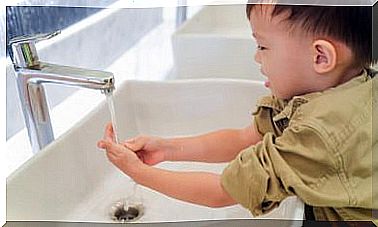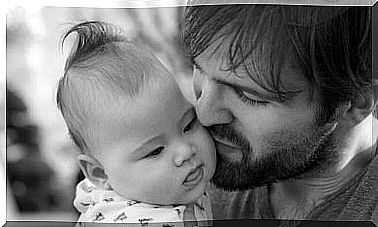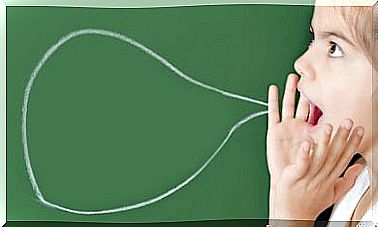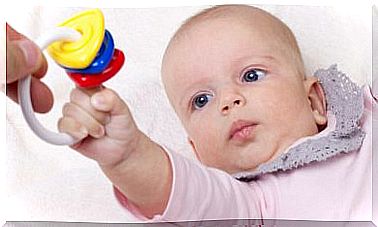How Children Learn Math Skills
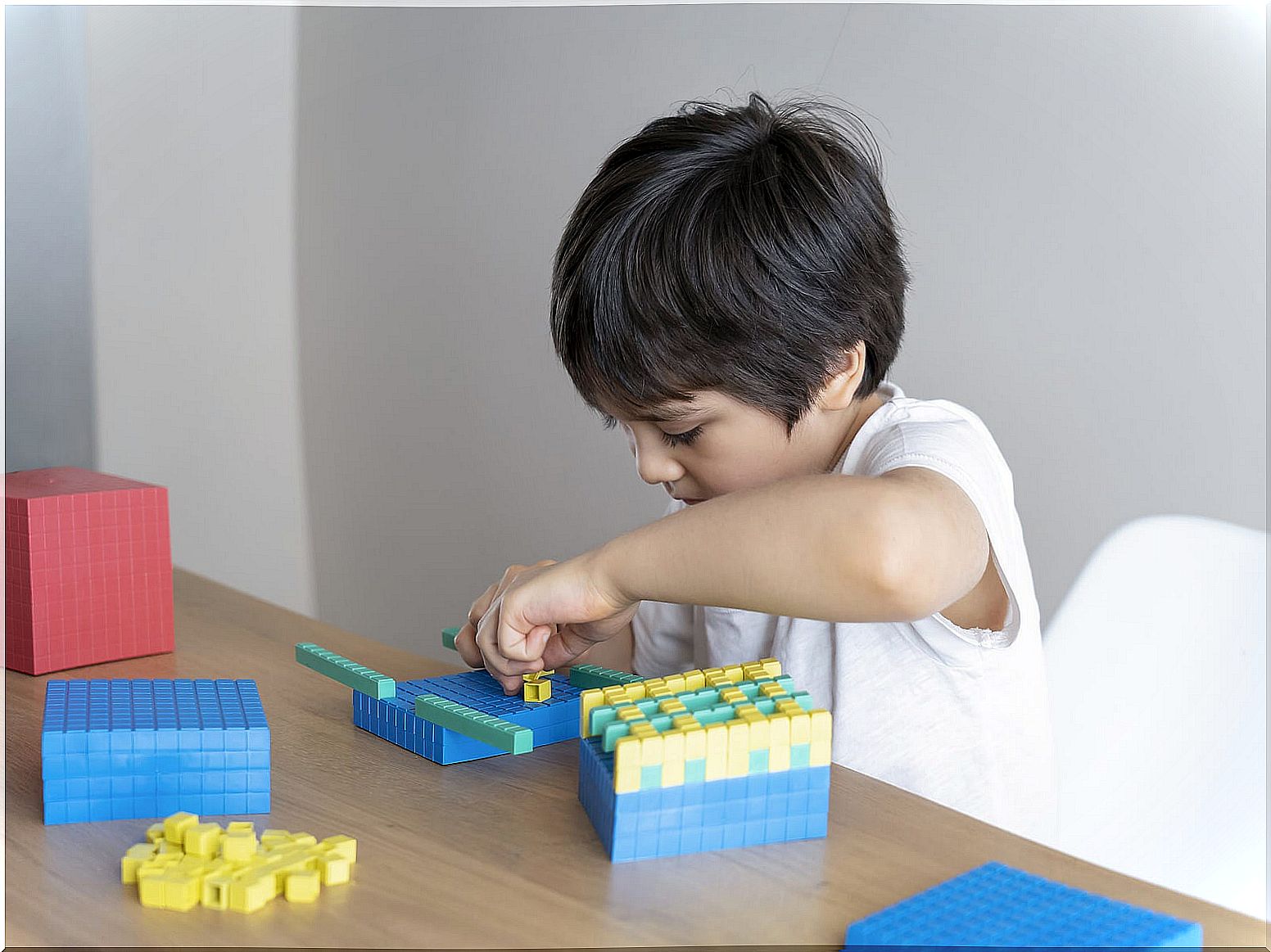
Children, when they are still babies, begin to develop their mathematical skills by exploring their environment, and continue into their preschool years. By the time they are learning formal math concepts in First Grade, the foundation for success is in place.
What is early mathematics?
Early math refers to math concepts and skills that a child develops informally during the early years. They are also called pre-math or early numeracy skills. It is essential to develop these first before attempting to introduce overly advanced concepts.
When you want to introduce your child to math, you can immediately think about numbers and try to teach your little one how to count, recognize numbers, and add or subtract them, but these are really some of the more advanced early math skills that you shouldn’t be in a hurry. To teach. It is important to first understand how children learn math concepts.
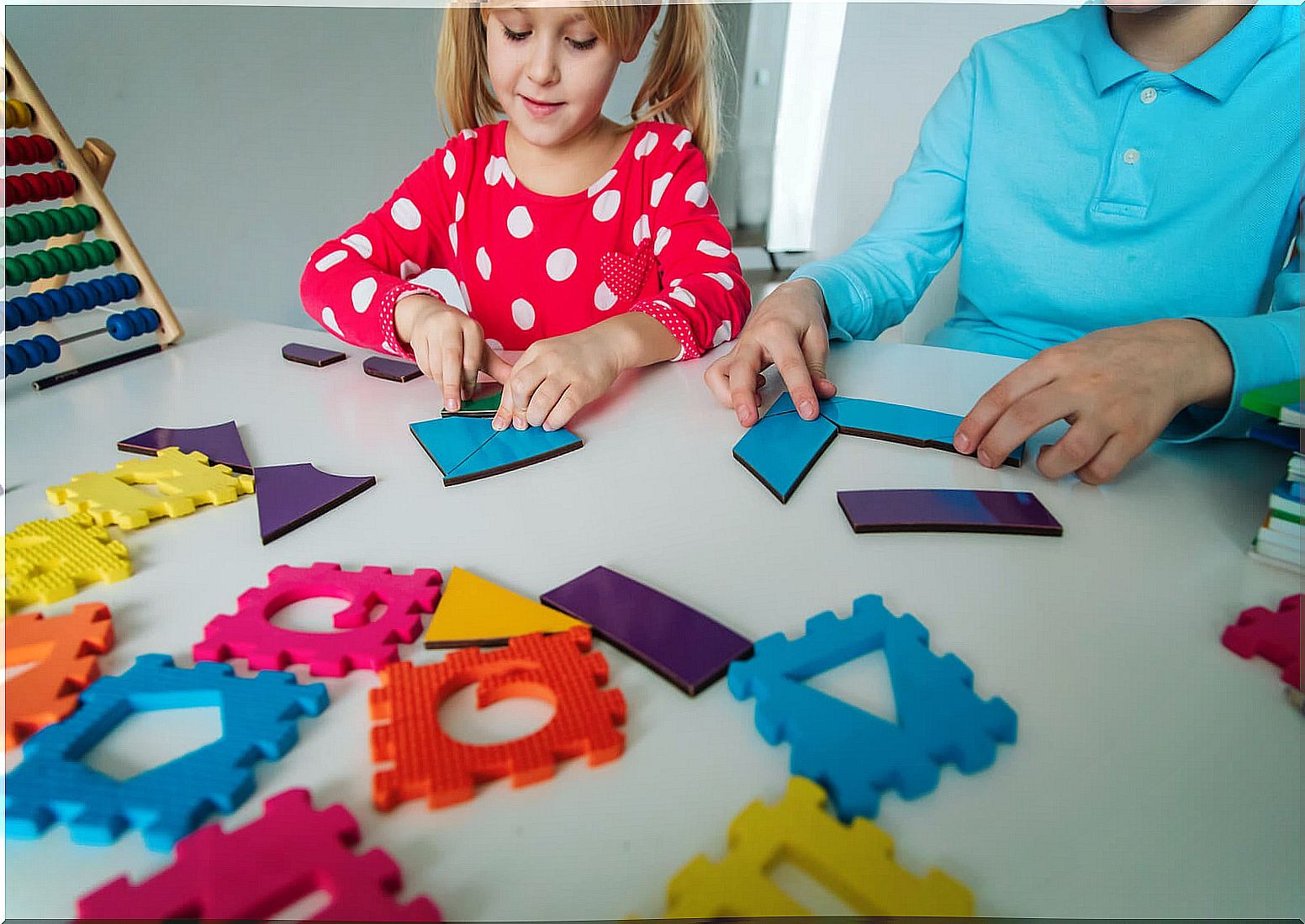
How Children Learn Math Skills
The three stages of learning any mathematical concept are concrete, pictorial, and abstract. Next, we are going to discuss the three stages so that you can better understand them and understand what stage your children are in.
The concrete stage
In the concrete stage, children need to physically experience a concept. They need to develop an understanding of an element by holding a block, for example. By playing with concrete objects, the little ones form the concept that there may be one object, several, less, more, etc.
Many mathematical processes are carried out while a child builds a tower of blocks together with a friend. Concepts such as more, less, one more, not enough, how many, much, less, take off and put on, are learned . Children compare objects and learn that objects can be assigned a value.
The pictorial setting
In the pictorial stage, which follows the concrete stage, children can see an image of objects and understand that this image represents real objects. For example, a child can look at a drawing and understand that the 4 leaves represent 4 real leaves.
Later, you can look at a dice with 4 points and assign the value 4, and know that the points could hypothetically represent any object. Then they could add the 4 points on one die to the 3 points on the other and say that there are 7 points in all.
The abstract stage
This is the final stage of understanding a mathematical concept. It means that a child can look at a sum, for example 4 + 3, written with number symbols, and add them without concrete objects or pictures. The little one has matured enough to understand that symbols 4 and 3 represent a series of objects that need to be added.
What stage are preschoolers at?
Children of preschool age are mainly in the concrete stage. In fact, until the third year of Primary, more or less, any teacher worth his salt will introduce a new concept in a concrete way before moving on to books or worksheets with examples to solve.
When children understand a concept concretely, it is much easier to solve abstract problems. This means that, in the preschool years, trying to pressure a child to count pictures of objects or understand the value of number symbols is premature and will cause frustration.
You may want to expose your child to numbers (for example, playing with wooden numbers) or rhymes that teach him to count, but don’t expect your child to understand the value of these numbers yet.
How to teach math skills to preschoolers?
The best way to teach math skills to preschoolers is through their primary medium of learning, that is, through play. Play is the way preschoolers should learn absolutely everything.
This means that, during these early years, children do not need formal lessons, activity cards and workbooks, or anything that looks more like “real work”.
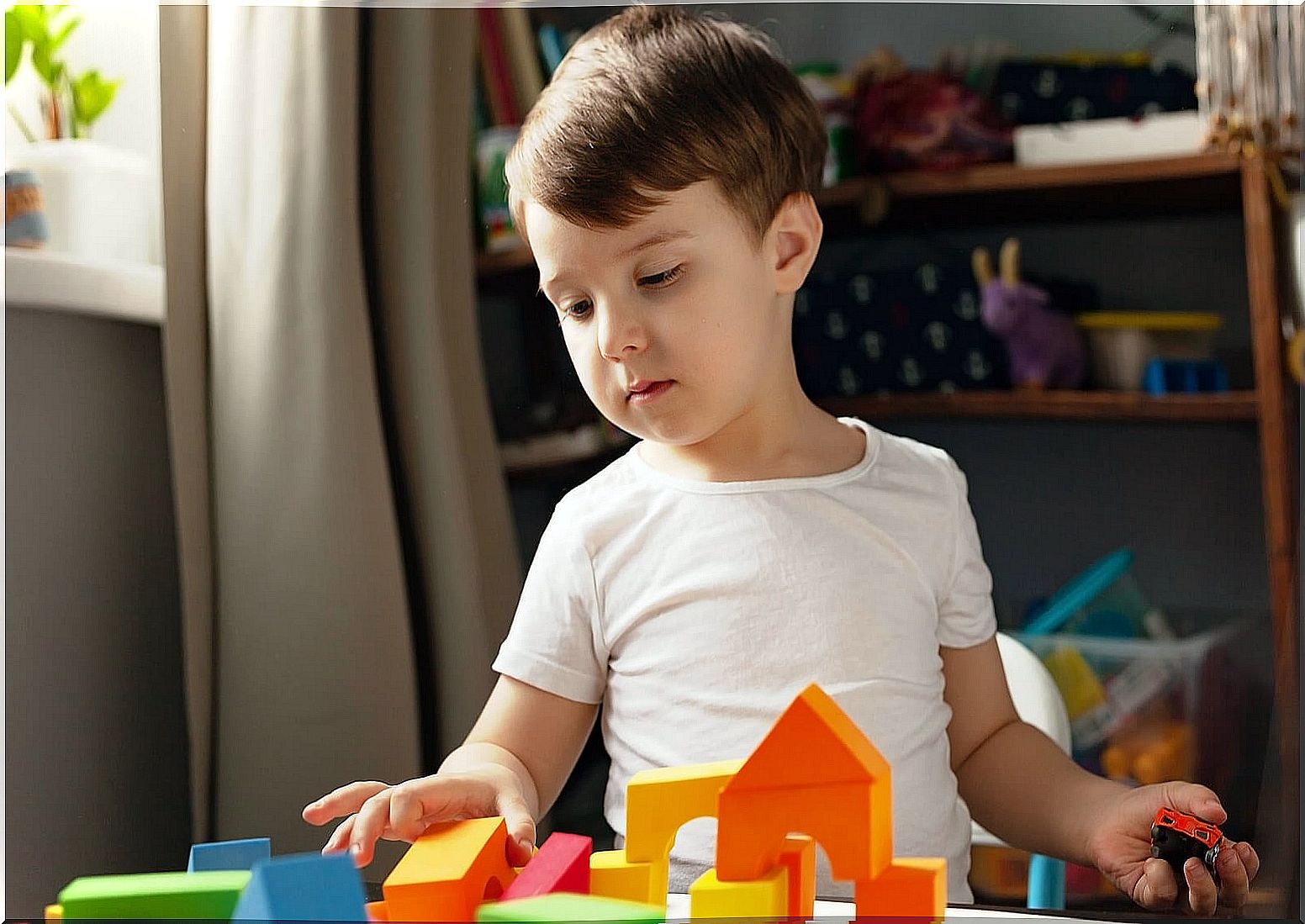
It can seem confusing, as there are many formal programs and workbooks available to parents of preschool-age children. This makes parents feel like they should do more and prepare their children for school with more formal activities.
Preschool is a time for informal learning. When your child has proper informal learning through play, formal learning naturally becomes easier when he is ready for it.
Learning math skills through play
When a child has inadequate learning through play and too many forced formal skills, they suffer later in school, when the gaps begin to show and it becomes apparent that fundamental skills are lacking.
Adapt the game to your child and his abilities, as well as his playful interests. In this sense, it is worth betting on informal learning through games and activities such as, for example:
- Play with shapes.
- Play with blocks.
- Make puzzles .
- Learn to sing songs.
- Counting in games.
- Make numbers out of modeling clay.
- Play with objects.
With this information, you can better understand how your children learn math skills. It is important to be able to help in the learning of all the concepts, always starting with an informal learning based on the game.


